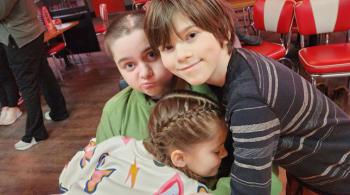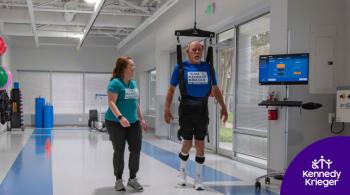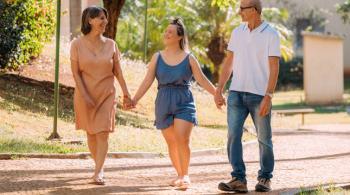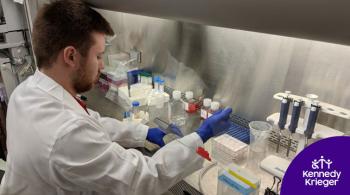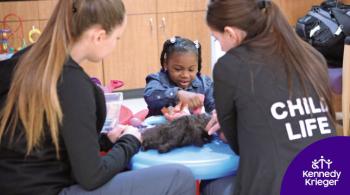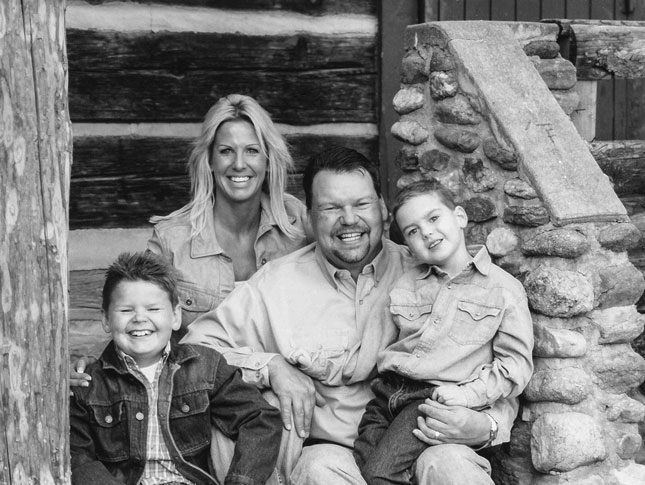
The Nelson family philosophy is simple: “Being philanthropic is one of the most important things in life,” Robb Nelson says.
He and his wife, Wendy Nelson, live in Colorado and have been giving to Kennedy Krieger Institute for decades—since Dr. Anne Comi, director of the Institute’s Hunter Nelson Sturge-Weber Syndrome Center, began guiding the neurological care of their son Hunter, after whom the center is named.
In 2000, Hunter was diagnosed with Sturge-Weber syndrome, also known as SWS, shortly after he had his first seizure, at 7 months old. Robb and Wendy soon learned that SWS is a rare neurological disease in which abnormal blood vessels in the brain, skin and eyes can cause seizures, vision loss, cognitive impairment and other health issues. Seizures typically begin by age 2.
After Hunter was diagnosed, Robb and Wendy sought out all the information they could find on the syndrome. They met Dr. Comi at a Sturge-Weber Foundation symposium. “We were captivated by her conviction and dedication to this particular disease,” Robb says. “We hitched our wagon to Dr. Comi from Day 1.”
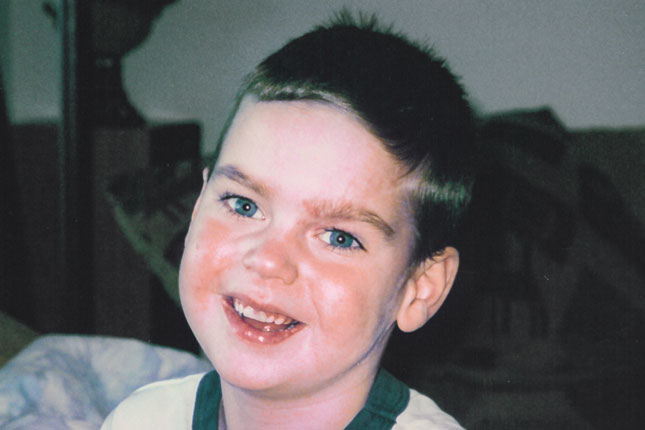
Back then, there was no preventative treatment for SWS seizures. Robb and Wendy started a foundation, Hunter’s Dream For A Cure, and began organizing benefit concerts and other events with celebrities. “We’re do-ers—we made it a point to do whatever we could,” Wendy says.
It’s not about the limitations, but about the possibilities.” – Robb Nelson
Over the years, the Nelsons have donated more than $500,000 for SWS research at Kennedy Krieger, helping make it possible for Dr. Comi and her team to discover the genetic mutation that causes SWS, along with a preventative treatment: Low-dose aspirin and anti-seizure medication taken regularly from infancy, Dr. Comi and her collaborators have found, can dramatically reduce the likelihood that seizures will start.
“Robb and Wendy’s donations were key to these discoveries,” Dr. Comi says.
Hunter passed away when he was 5, but his memory lives on at Kennedy Krieger and in his parents’ hearts. “The pain of losing Hunter will never go away, but by giving, we can hopefully help other parents avoid that pain,” Wendy says.
As their family foundation’s motto goes: “It’s not about the limitations, but the possibilities.”








